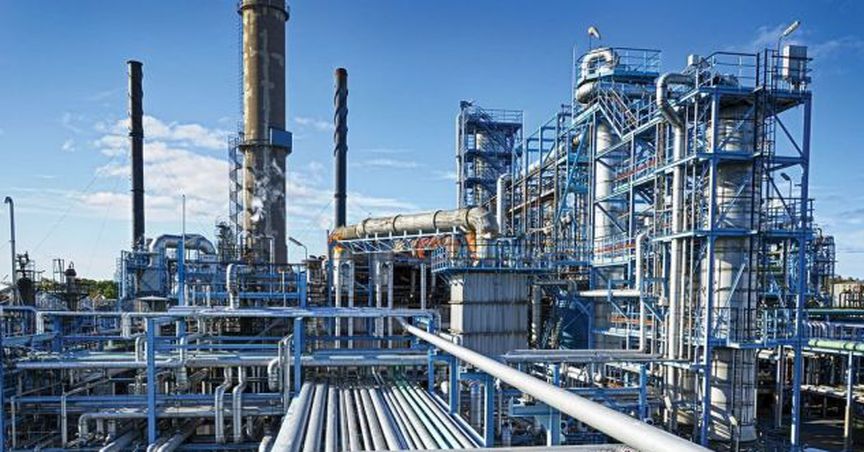Oil prices are soaring and are up by almost one-third since the start of the year 2019, but the OPEC members are still banking on production cut to soar the crude oil prices. The market participants are now raising eyebrows on when the OPEC will be able to refocus on securing market share by restoring production.
Crude oil voluntary production cut by OPEC is providing the rival companies a financial lifeline, as a price of about $60 is decent enough for the oil companies to generate good returns provided that the oil company improves efficiency and cut its wastes.
A question among energy investors that is taking roots â When will the OPEC restore production and which price band the members of the consortium wants to see in the global market?
However, the oil-producing consortium justifies their stance as the economy and the associated reforms of oil-producing countries depend on crude oil prices.
As per the OPECâs oil ministers, the high crude oil prices are necessary for the investment to flow in the energy sector so that supply gap and concerns can be reduced.
As per the market estimation, current prices which are above $70 a barrel, is still not viable as it is still below the fiscal break-evens for the majority of OPEC members, which is around $91 a barrel. The reliance of OPEC members on high oil prices comes from the fact that the economic and political stability of their countries comes from crude oil and a low crude market builds pressure on their economies and causes instability in terms of foreign exchange reserves, political instability, etc.
However, among the OPEC members, Saudi Arabia is standing far better off, when it comes to dependability on crude oil prices. The slight independence of the Kingdom comes from its ample foreign exchange reserves and its ability to borrow; however, the substantial spending commitments underpins social stability. The spending commitments along with a large population of the Kingdom restricts the runaway to much extent.
Among the OPEC members, few have made themselves less dependent on crude oil prices and had utilised the downturn in oil prices during 2014 -2015 as an impetus to bring the economic reforms. The United Arab Emirates is one of the most successful sovereign producers, who have made their economies to bear low crude oil prices. The Emirates shifted the economy majorly on tourism, which in turn, builds their foreign exchange reserves and make them less dependable on crude oil prices as compared to the other members of the consortium.
On the other hand, there are OPEC members such as Venezuela, where low crude oil prices cause primary instability and humanitarian crisis.
In a nutshell, the consortium of oil-producing members is learning the fact that that they cannot rely on high crude oil prices till perpetuity and the OPEC members may take the high oil prices scenario to ramp up the economic reforms, which will make them less dependable on high oil prices.
Disclaimer
This website is a service of Kalkine Media Pty. Ltd. A.C.N. 629 651 672. The website has been prepared for informational purposes only and is not intended to be used as a complete source of information on any particular company. Kalkine Media does not in any way endorse or recommend individuals, products or services that may be discussed on this site. Our publications are NOT a solicitation or recommendation to buy, sell or hold. We are neither licensed nor qualified to provide investment advice.



